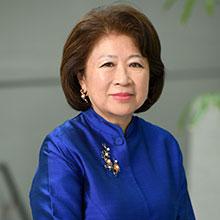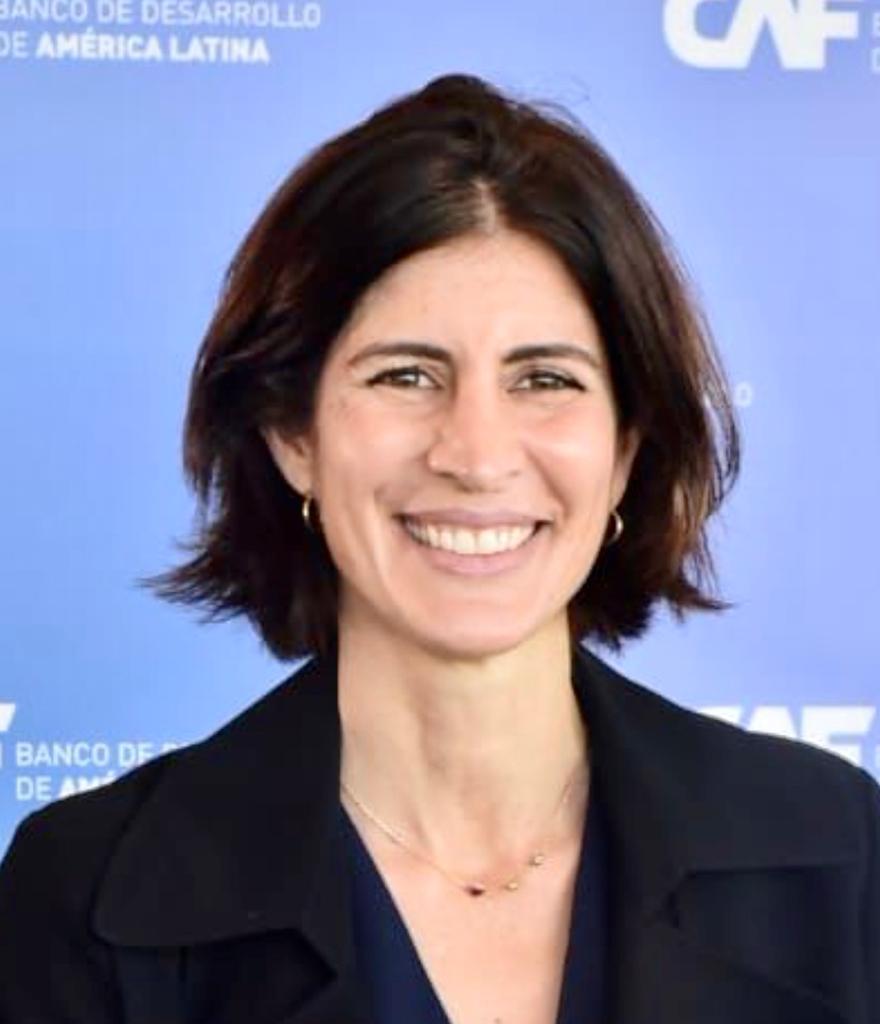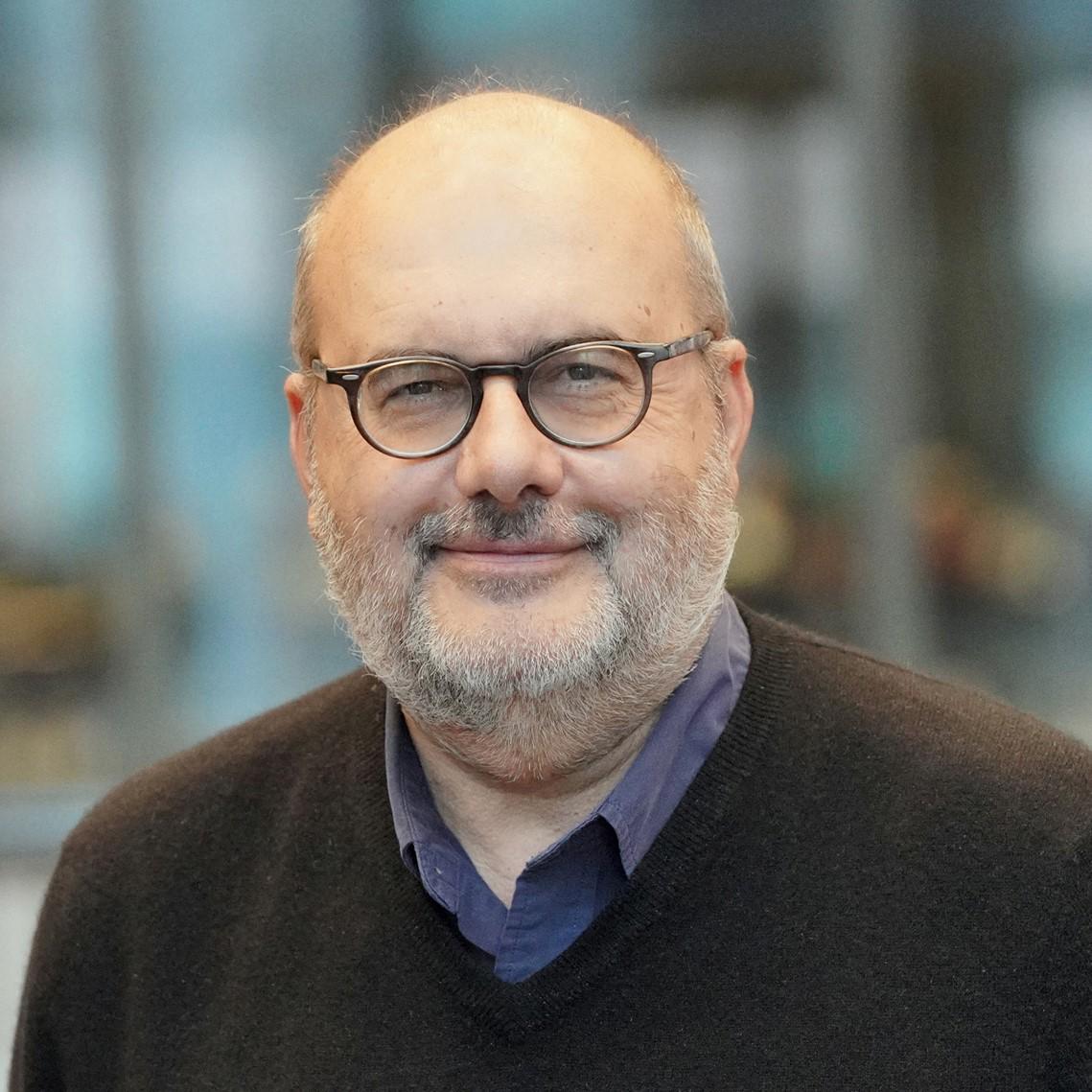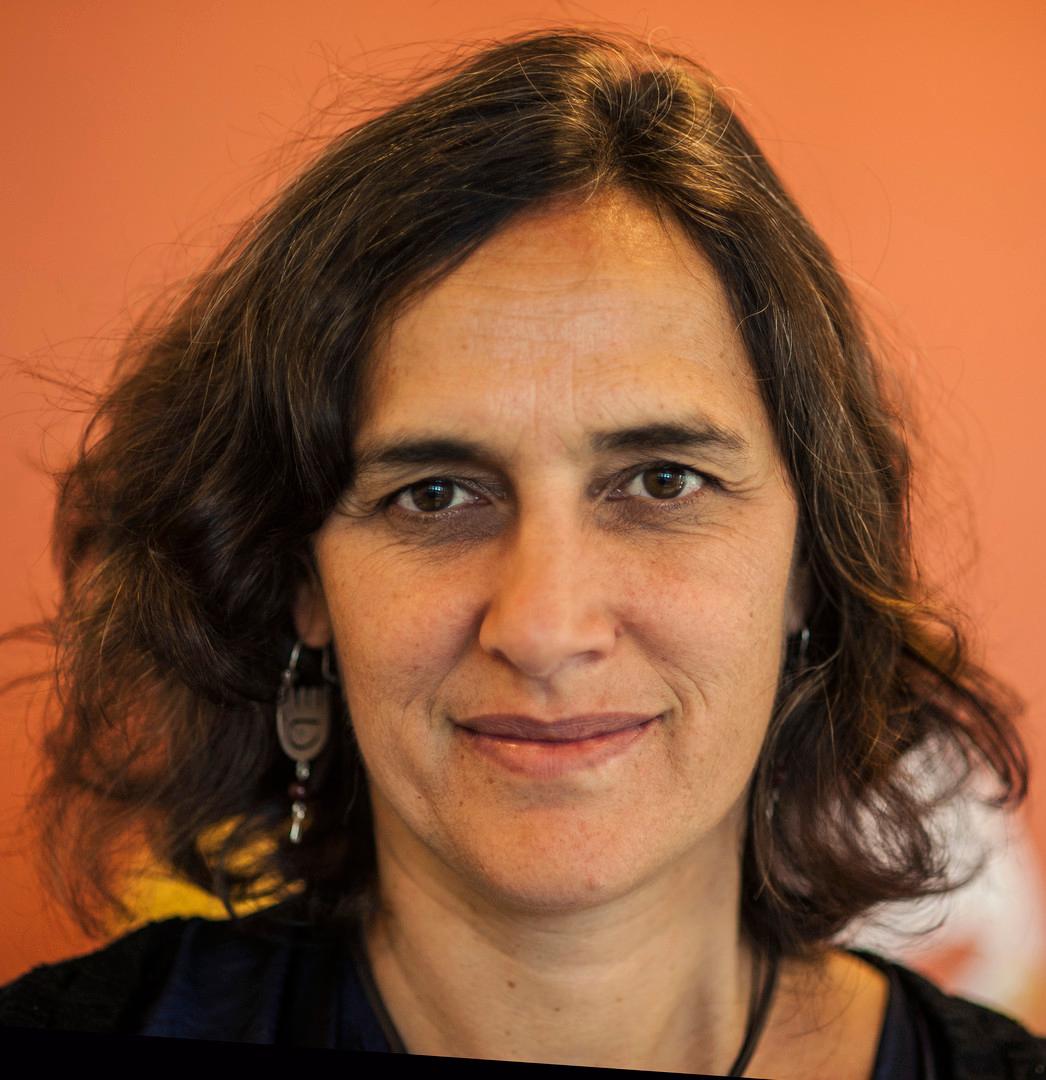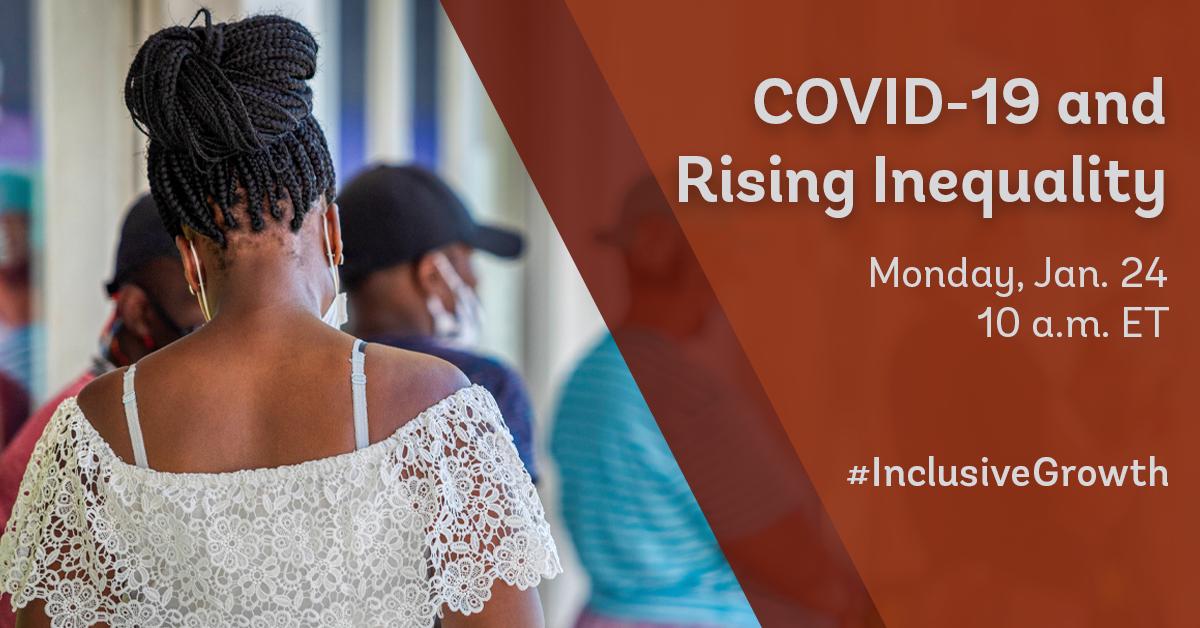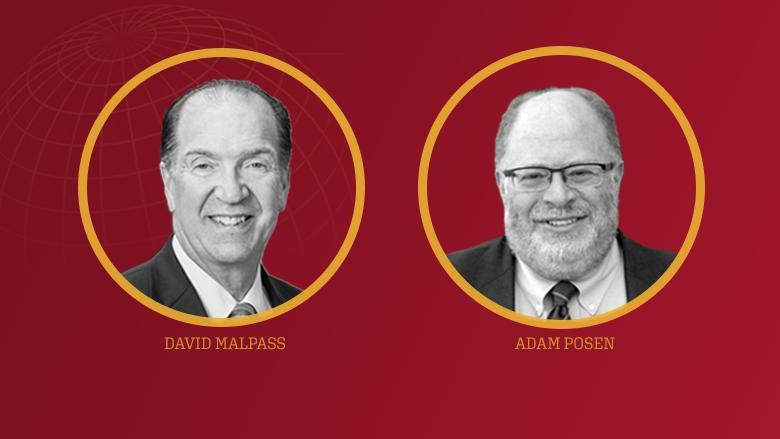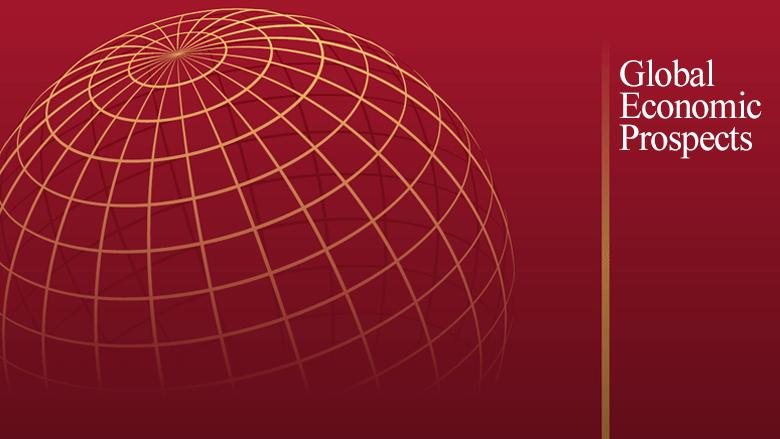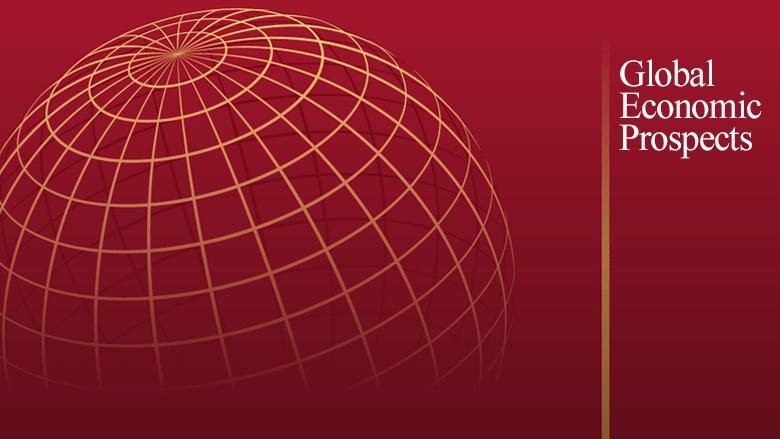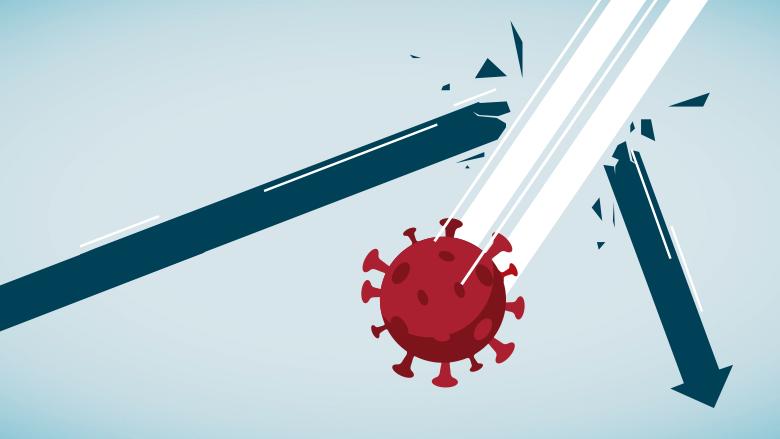The COVID-19 pandemic has raised global income inequality, both within and between countries, setting back progress by a decade or more. Vulnerable groups, including low-income people, youth, women, and informal workers, have faced particularly severe job and income losses. Without a forceful policy response, there is a risk that higher inequality will become entrenched. Support from the global community is essential to expedite a return to an inclusive and sustainable recovery.
Join World Bank Managing Director Mari Pangestu and a distinguished panel of experts as they discuss the latest findings on inequality from the January 2022 Global Economic Prospects report, and implications for countries and the global community.


